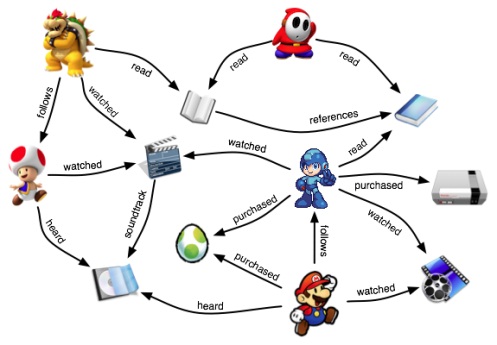Data science and entrepreneurship
I have worked with many startups of all stages during my career. This has given me a very good understanding of the various ways that data science and machine learning can be used in an entrepreneurial setting. I’ve seen data science and machine learning being used in entrepreneurship in different ways.
[sc_fs_faq sc_id=”fs_faqt95y19n0x” html=”true” headline=”p” img=”” question=”So, what are the most common business models in data science?” img_alt=”” css_class=”” ]
In my experience we could categorise most of the uses under three different models:
- The deep tech model
- The ‘additional feature’ model
- The consultancy model
[/sc_fs_faq]
Let’s explain each one in turn.
Data science as Deep tech
In the deep tech model, the objective is to make some fundamental innovation in data science. Development of the product mainly means research and testing. The goal, very often, is to get a patent on the innovation, which can solidify the ownership of the technology. This could, for example, be the development of a new deep learning model. It is possible for a company like that to get acquired without having officially launched, or having any clients.

The only skill required in this case is research. This means that nothing like marketing, business planing, operations, design etc. is required. Therefore, this makes it very attractive to tech PhD students, because they don’t have to pick up any new skills. In some cases a company like that can simply be a PhD project which turned into a company.
The obvious drawback of this approach is that there is a high risk of not actually being able to deliver the solution. Research is inherently uncertain, and it is not possible to guarantee that the innovation will eventually work.
Data science as an additional feature
This is the most common way data science is used in startups, especially in a B2C model. In that case, data science is not in the core proposition of the product, but it is very important in shaping the user experience or some other component. A recommender system in a dating app is an example of that. In this case, the data scientist’s job is not very critical, even though it still remains important. It is possible for the business to be successful, but the data science behind it might not work too well.

Data science as a Consultancy service
This is a model that tries to find a balance between exploring the market and delivering a new product. Data science has many applications, but it can be difficult to sell. Not everyone understands data science or how it can impact their organisation. By following the consultancy model, the company takes up data science projects which helps it build relationships in a particular niche, and understand the market needs. The projects can also provide much valuable cash. Once the market need has been identified, then the company moves on to using its experience and code from prior projects in order to build a product and then scale up.
This model carries very small risk, since even if the business doesn’t take off, it is possible that some profit will have been gained. However, it is slow, as the development of the product presupposes that the company has completed at least a few projects successfully. Getting clients and arranging deals can be time consuming and can also take a long time to deliver.
This is a path I have experience with, as I have been providing data science services for a long time, covering topics from data strategy, to predictive modelling.

So, which data science business model is the best?
The answer to which model is best really depends on your circumstances. I have personally played a bit around with all models either by starting my own company, or helping others. For example, with Datalyst, I am working on a deep tech AI startup. With my consultancy work, I am providing services, and with the Tesseract Academy, I am providing a productised service (training workshops).
I’ve seen other data scientists moving from one model to the other. Consultancy is probably the one with the lowest barriers to entry. As soon as you have some freelance projects, transitioning to a consultancy model is not difficult. However, it is not so easy to scale. Also, you have to deal with marketing and sales. This is where deep tech can be a better option. As for entrepreneurs who are not data scientists themselves, the second model (data science as an additional feature) is the most common option. You can just hire someone to do it for you, or even use a commoditised service, such as the machine learning stacks offered by Google, Microsoft or IBM.

